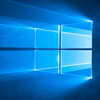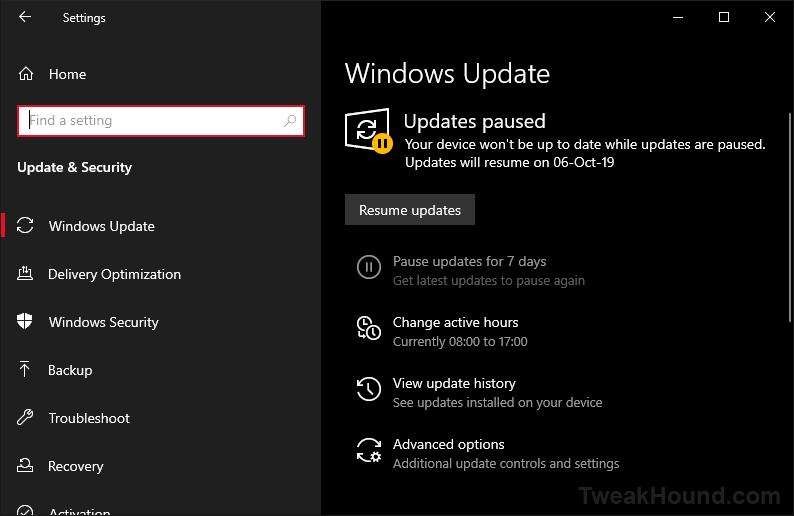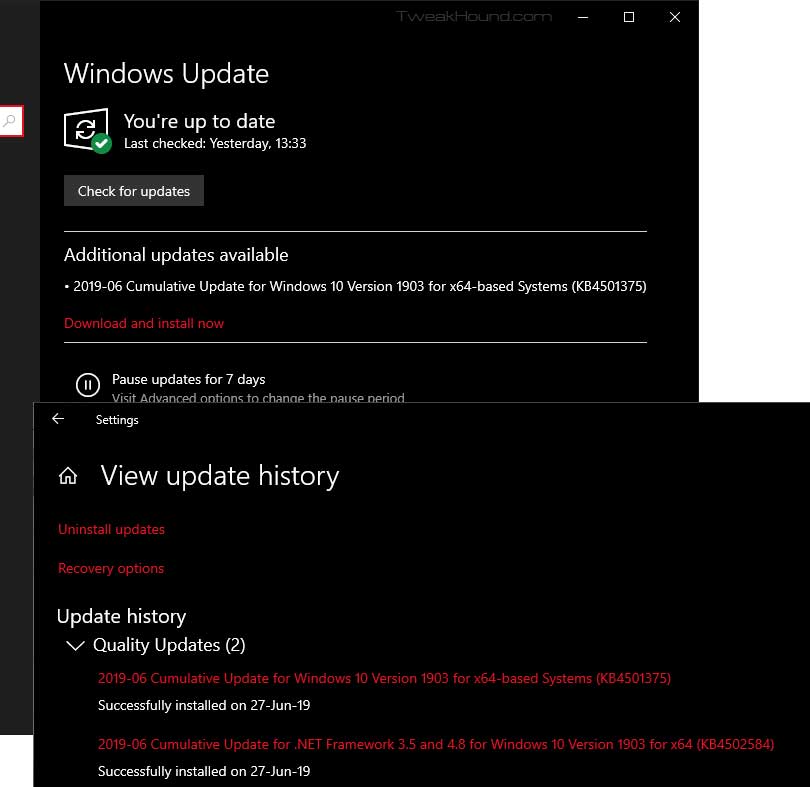Windows 10
1909 is out. What’s new in Windows 10, version 1909
See: How to get the Windows 10 November 2019 Update
More at the bottom of this post.
1903 – November 12, 2019—KB4524570 (OS Build 18362.476 and 18363.476)
“Updates to improve security when using Internet Explorer and Microsoft Edge.”
1809 – November 12, 2019—KB4523205 (OS Build 17763.864)
Updates to improve security when using Internet Explorer and Microsoft Edge.
Updates to improve security when using external devices (such as game controllers, printers, and web cameras) and input devices such as a mouse, keyboard, or stylus.
Updates to improve security when using Microsoft Office products.
1803 – End of Life
Windows 8.1
November 12, 2019—KB4525250 (Security-only update)
Includes 3 security updates.
November 12, 2019—KB4525243 (Monthly Rollup)
Includes 3 security updates and 4 fixes.
Windows 7
November 12, 2019—KB4525233 (Security-only update)
Includes 3 security updates.
November 12, 2019—KB4525235 (Monthly Rollup)
Includes 3 security updates and 2 fixes.
Nvidia Geforce Game Ready WHQL Driver 441.20
Download | Release Notes
What’s new for Windows 10, version 1909 and Windows 10, version 1903 release notes
Windows 10, versions 1903 and 1909 share a common core operating system and an identical set of system files. As a result, the new features in Windows 10, version 1909 were included in the recent monthly quality update for Windows 10, version 1903 (released October 8, 2019), but are currently in a dormant state. These new features will remain dormant until they are turned on using an enablement package, which is a small, quick-to-install “master switch” that simply activates the Windows 10, version 1909 features.
To reflect this change, the release notes for Windows 10, version 1903 and Windows 10, version 1909 will share an update history page. Each release page will contain a list of addressed issues for both 1903 and 1909 versions. Note that the 1909 version will always contain the fixes for 1903; however, 1903 will not contain the fixes for 1909. This page will provide you with the build numbers for both 1909 and 1903 versions so that it will be easier for support to assist you if you encounter issues.
Feature Update via Windows 10, version 1909 Enablement Package
Windows 10, versions 1903 and 1909 share a common core operating system with an identical set of system files. Therefore, the new features in Windows 10, version 1909 were included in the latest monthly quality update for Windows 10, version 1903 (released October 8, 2019), but are in an inactive and dormant state. These new features will remain dormant until they are turned on through the “enablement package,” a small, quick-to-install “master switch” that activates the Windows 10, version 1909 features.
The enablement package is a great option for installing a scoped feature update like Windows 10, version 1909 as it enables an update from version 1903 to version 1909 with a single restart, reducing update downtime. This enables devices to take advantage of new features now. For version 1903 devices that receive updates directly from Windows Update, devices automatically get the enablement package by installing the feature update to Windows 10, version 1909.
If a device is updating from Windows 10, version 1809 or an earlier version, this feature update enablement package cannot be manually installed. Instead, it is bundled and automatically included with the feature update to Windows 10, version 1909. Note the installation time is not reduced in this scenario.






